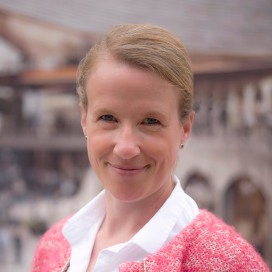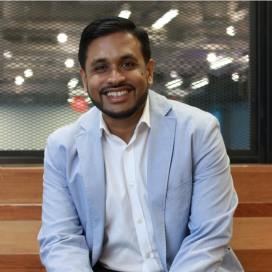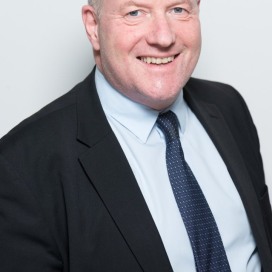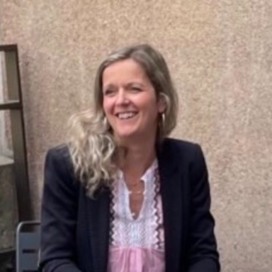
Resilient Cities Network | Global Director Programs, Innovation & Impact
For urbanization to serve as a vehicle for economic development of a country, it is key that more effective and productive investments in urban infrastructure and services underpin structural transformation. Furthermore, the structural transformation process and related investment should be conceived in a way that enhances shared prosperity and improves quality of life, with the aim of leaving no-one behind.
This session will attempt to remove some of the bottlenecks within current multi-level governance frameworks and the integration of spatial and investment planning and public and private finance. Experts will share practical experiences from around the world and discuss how to overcome the current challenges.
Enhancing the nexus of functional multilevel governance, public finance, and investment planning to harness the economic potential of urbanization for economic development.
1. How can collaboration among various levels of government relevant to urban and regional planning, public finance and investment planning be achieved to lead to more effective outcomes of investment in urban development?
2. How can national policy levers and intergovernmental transfers be used to strengthen the incentives of local governments to effectively raise revenues and manage expenditures? Are performance-based, asymmetrical transfers from national governments to cities improving coherence and synergies of public investment in urban development?
3. How can creating an integrated ecosystem of national, subnational and external finance help in unlocking access to private finance? Can finance for sustainable development be upscaled in cities through aggregated investment portfolios, managed by intermediate financial institutions?
4. What are key challenges to the above? What are inspiring examples from different parts of the world (e.g., in low-income countries versus high-income countries), and how can they be overcome?
This cannot be achieved by any one level of government alone. Multi-level governance (MLG) approaches leverage the interconnection between governance and spatial planning and has contributed to achieve progress in the implementation of the SDGs in an integrated manner.
A functioning MLG framework can help in harnessing the economic potential of urbanization. At the national level, governments need to integrate sustainable urban development more directly into national development policies and meaningfully connect urbanization with priorities of structural transformation. Linking investments in urban development based on sound territorial planning and objectives of structural transformation can lead to more synergies of investment in various sectors of the economy. Territorial analysis of planned investments in infrastructure and urban development can help achieve important synergies of large and medium-size investment projects. A strategic long-term approach to development rests on a functional interface of MLG, urban/spatial planning, investment planning, and public finance. Such an approach enables effective settings of coherent priorities, phasing of coordinated implementation and embedding of long-term investment needs in the budgeting cycles of authorities.
National governments also need to fine-tune fiscal decentralization frameworks, create the right enabling environments and provide incentives for effective local governance. Thereby it is important to customize and seek coordination mechanisms that work for specific country contexts. In doing so one needs to consider the tradition of governance, the administrative capacity at various levels of government, and the degree and character of development.
This session will attempt to flesh-out some of the bottlenecks within current MLG frameworks and the integration of spatial and investment planning and public finance. Experts will share experiences from around the world and will discuss how the challenges can be overcome.

Resilient Cities Network | Global Director Programs, Innovation & Impact

Think City | Managing Director

United Nations Capital Development Fund | Director, Local Development Finance

GDI US | Managing Director
GDI Africa | CEO

Deutsche Gesellschaft für Internationale Zusammenarbeit (GIZ) GmBH | Team leader

French Development Agency | Deputy Head of Urban Development, Planning and Housing Division, French Development Agency

National Treasury | Chief Director: Neighbourhood Development Partnership Programme